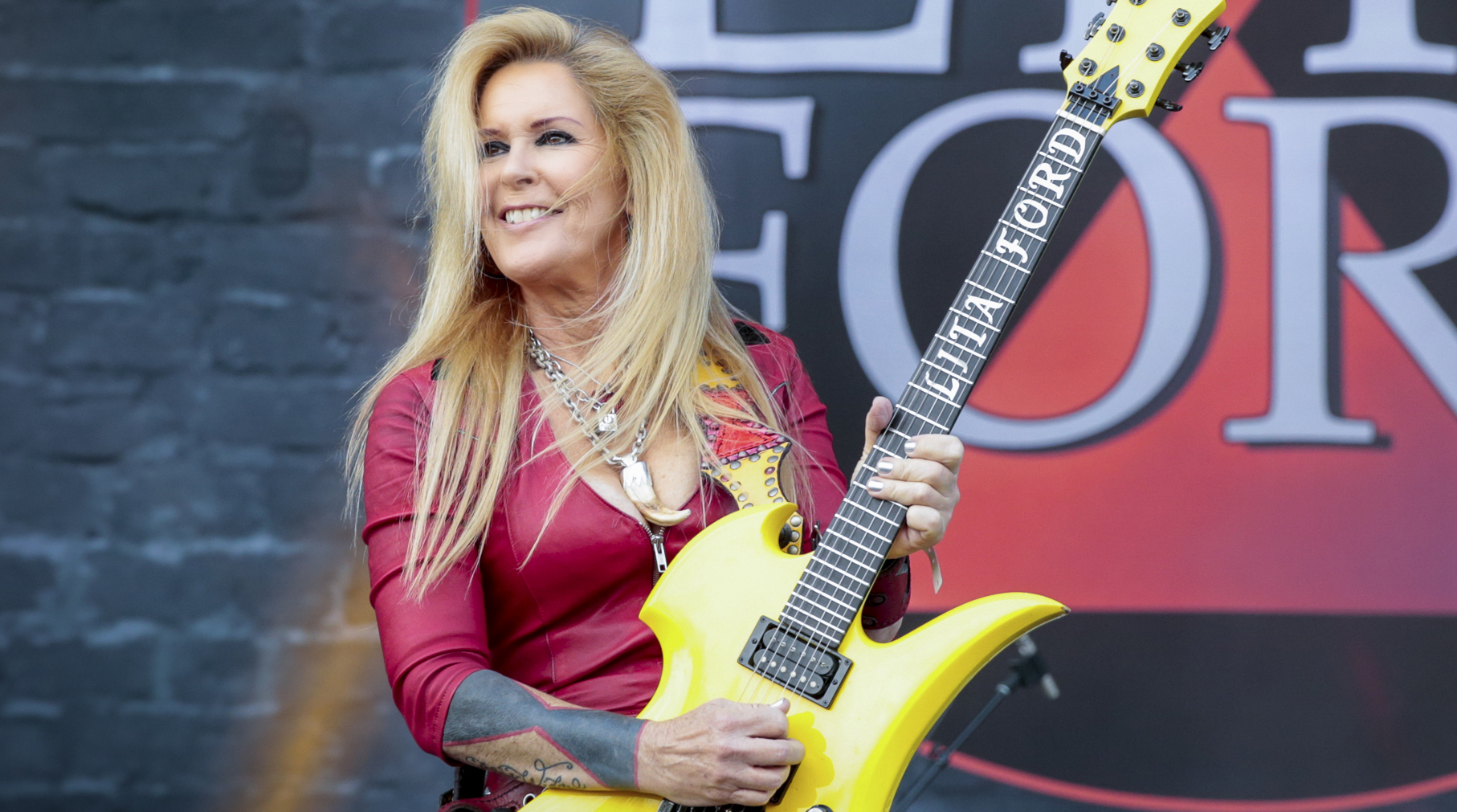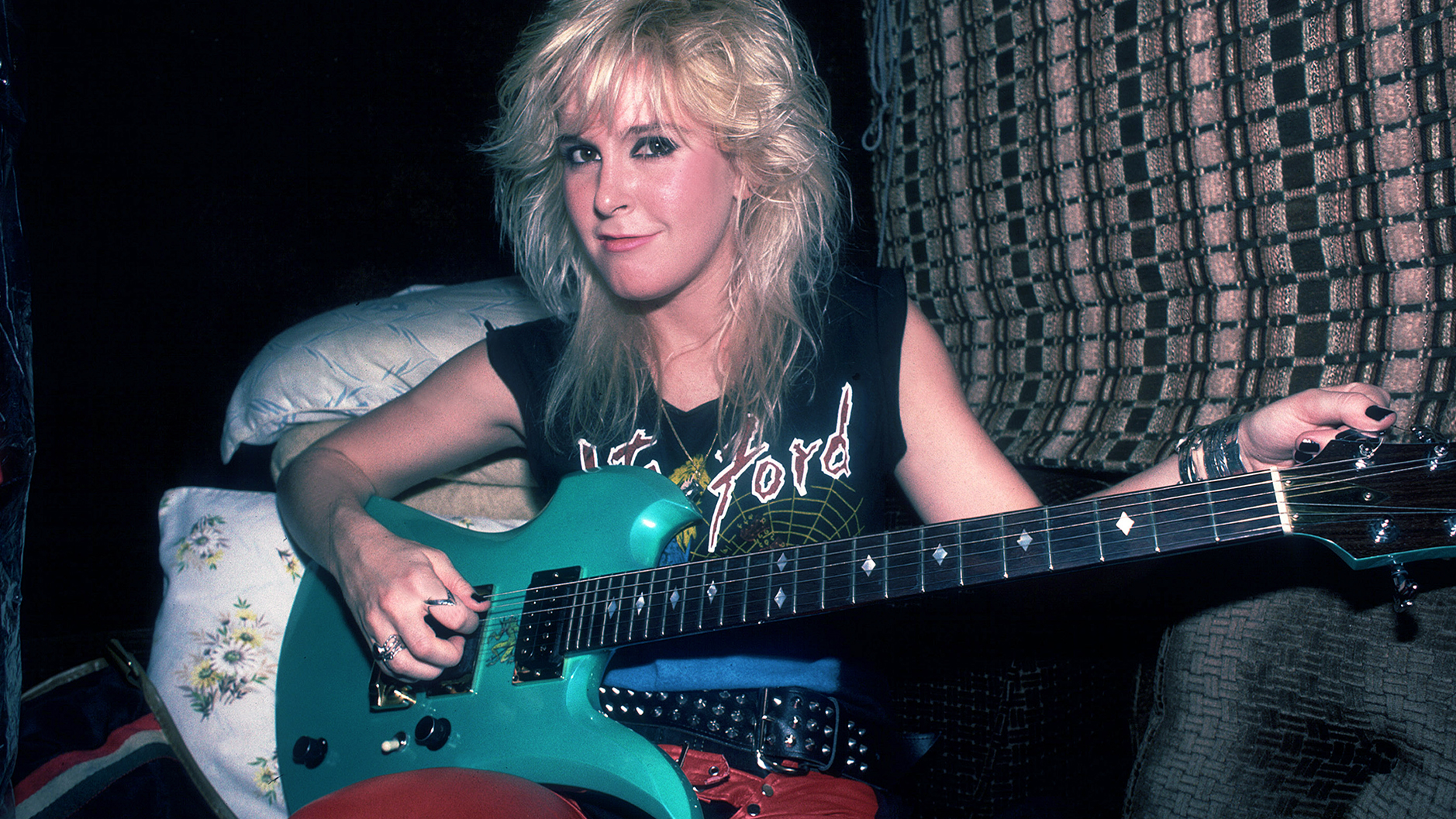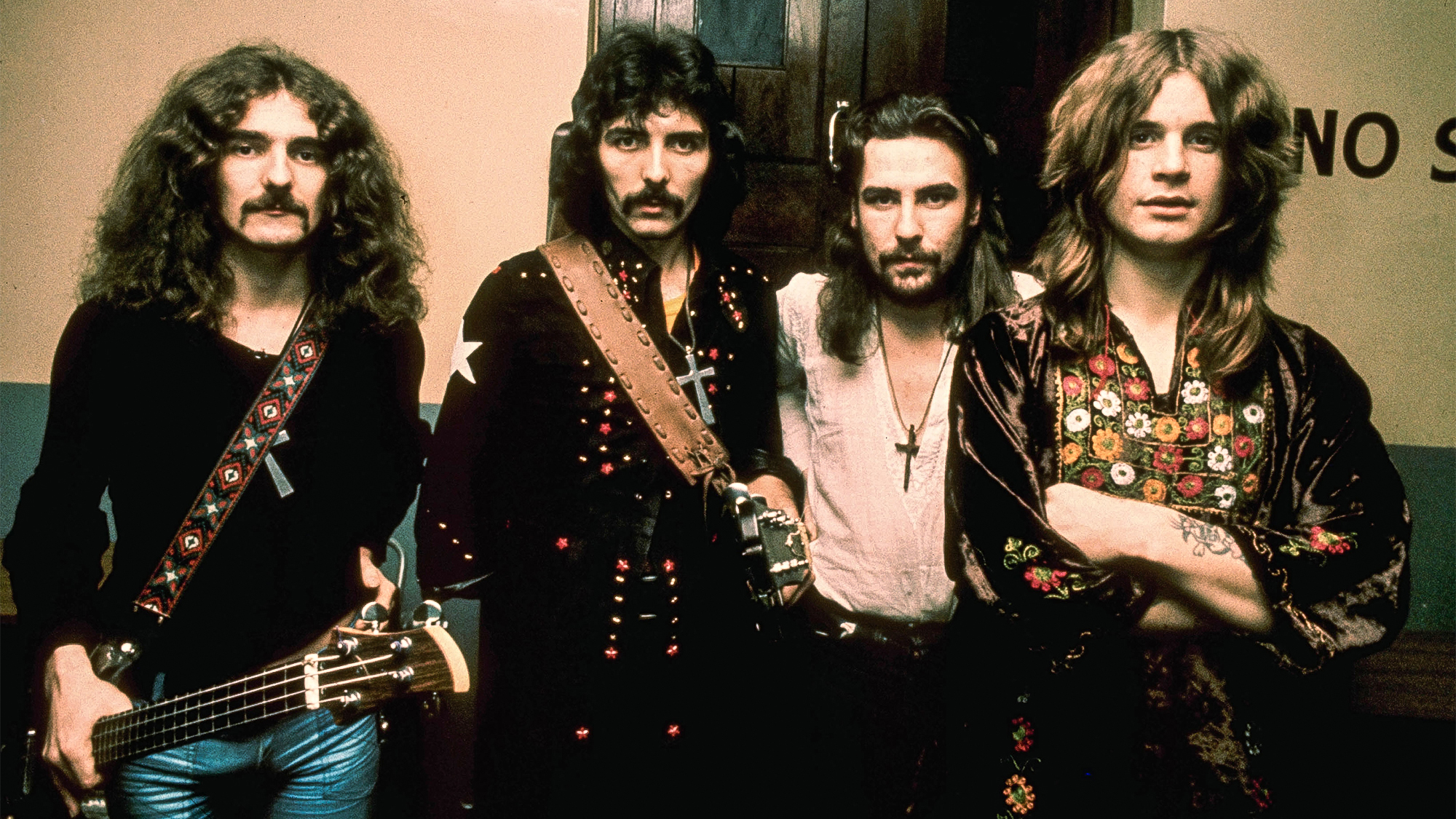"You’d be surprised what you can plug a guitar into." Lita Ford weighs in on what's more important — your guitar or your amp
The six-stringer is the latest to answer the question, adding her insights to those of Yvette Young and Doug Aldrich

All the latest guitar news, interviews, lessons, reviews, deals and more, direct to your inbox!
You are now subscribed
Your newsletter sign-up was successful
Which is more important — your electric guitar or your amp? The debate has been raging with some regularity in the pages of Guitarist magazine.
If you’re like Yvette Young, you would most likely go for the most expensive amp you can get. As the guitarist for math-rockers Covet explains, there’s no point playing a pricey guitar through an amp that can't bring out the best it has to offer.
“It’s like ruining a really nice audio file with… I don’t know… something that’s going to degrade it a lot,” she says. “There’s no point, right? I’d rather go for the expensive amp.”
Besides, Young adds, “‘Cheap guitar’ doesn’t mean 'bad guitar.' I have plenty of guitars that are cheap, but I feel like they still sound really impressive for the price point.”
While she makes a good argument, not everyone would agree with her. You can put Lita Ford in that camp.
In a new interview with Guitarist, the former Runaways shredder says it makes more sense to put your money into the best guitar you can get, particularly, when you consider the number of ways you can improve your amplified sound today — from effects pedals to replacement speakers and tubes.
“I mean, you’d be surprised what you can plug a guitar into,” Ford says. “If it makes a noise, you could probably use it as an amplifier.
All the latest guitar news, interviews, lessons, reviews, deals and more, direct to your inbox!
“So I would say I’d like to have a somewhat decent guitar, and if I had a heap-of-shit amplifier, then I would probably find something to modify it with. In these electronic digital days, there’s a lot of that stuff…”
Ford has certainly had her share of nice guitars. They include several B.C. Rich models, and in particular a Mockingbird that was stolen from her — and that she let get away again when she had a chance to reclaim it.

“I’ve got my old Warlocks, my old Rich Biches, my old Mockingbirds, and then I’ve got some stuff I picked up decades ago for the studio,” Ford told Reverb in 2017. “A nice Telecaster, a nice Stratocaster, Les Paul, Les Paul Junior — just a lot of stuff that I use in the studio. I love Taylor acoustics, they sound so good. You know, there’s stuff for stage, stuff for photo sessions, and stuff for the studio.”
Of course Ford isn’t alone in her preference for a nice guitar over a nice amp. Doug Aldrich is another guitarist who leans in that direction
“I’d rather have a really good guitar and a cheap amp,” the Dead Daisies axe man tells Guitarist. “I spend a lot of time playing acoustically, and I really get off on the way the guitar feels and sounds acoustically.
“I think you can get a great sound out of any amp that works; you can get a sound that’s going to be cool. And if you have a nice guitar, you’re going to be passionate about what you play — and your fingers and your heart determine the sound anyway.”
And when it comes to the impact your fingers have on your guitar tone, that’s a sentiment we know Brian May would agree with.
“So much of it is in the fingers,” says Queen’s guitarist, who is famous for — among many other things — designing and building his Red Special electric while he was still a teen.
“But the guitar is still your closest thing,” he adds. It’s almost like part of your arm.”
Christopher Scapelliti is editor-in-chief of GuitarPlayer.com and the former editor of Guitar Player, the world’s longest-running guitar magazine, founded in 1967. In his extensive career, he has authored in-depth interviews with such guitarists as Pete Townshend, Slash, Billy Corgan, Jack White, Elvis Costello and Todd Rundgren, and audio professionals including Beatles engineers Geoff Emerick and Ken Scott. He is the co-author of Guitar Aficionado: The Collections: The Most Famous, Rare, and Valuable Guitars in the World, a founding editor of Guitar Aficionado magazine, and a former editor with Guitar World, Guitar for the Practicing Musician and Maximum Guitar. Apart from guitars, he maintains a collection of more than 30 vintage analog synthesizers.
